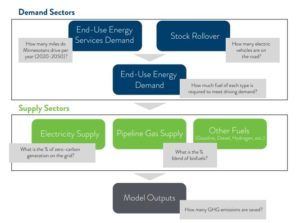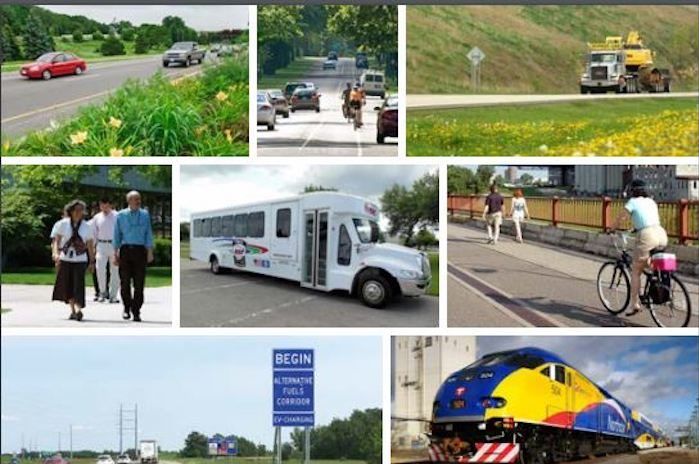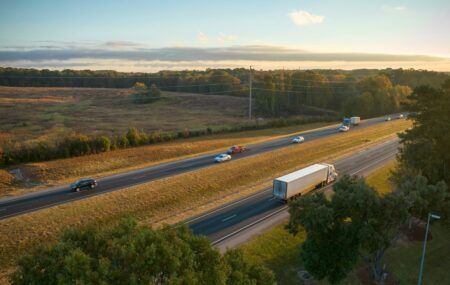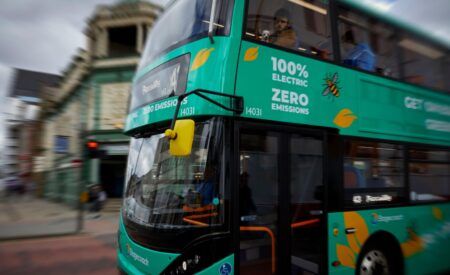The Minnesota Department of Transportation (MnDOT) has released a new report that aims to get the state on track to meet future goals for reducing greenhouse gas (GHG) emissions in accordance with the state’s bi-partisan Next Generation Energy Act (NGEA).
Minnesota’s climate is changing, which already affects citizen’s health, the environment, and the state’s economy, with warmer winters and more precipitation being recorded now and forecast to increase in the future. In 2007, Minnesota passed the NGEA that established goals for the state to reduce 2005 GHG emissions levels by 15% by 2015, 30% by 2025, and 80% by 2050. However, the state did not meet its 2015 goal and is not on track to meet its future goals. Transportation is now the largest emitter of GHGs in the state. To help achieve its future targets, MnDOT has released its ‘Pathways to Decarbonizing Transportation in Minnesota’ report that explores the opportunities for GHG emission reductions from all forms of surface transportation in the state, including: passenger cars and trucks, medium-duty and heavy-duty trucks, buses, motorcycles, and mobile air conditioning.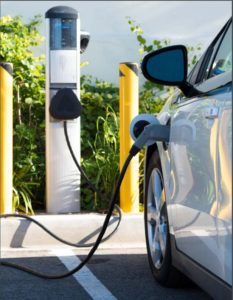
Prepared by MnDOT’s office of sustainability and public health, the study team worked with technical experts from the public, private, and nonprofits sectors to inform modeling assumptions and strategies that should be considered, and also met with the public for their feedback on the proposals. The Pathways report was funded by MnDOT and the Environmental Quality Board, and the project steering committee included the Minnesota Pollution Control Agency, Minnesota Department of Agriculture and Minnesota Department of Commerce. Staff from the McKnight Foundation provided technical expertise; Energy and Environmental Economics conducted modeling; and the Great Plains Institute facilitated stakeholder and public engagement.
The report includes a number of action items that MnDOT will pursue, including:
- The creation of a Sustainable Transportation Advisory Council (STAC);
- Regional collaboration on electric vehicle (EV) corridors;
- Analyzing GHG emissions in transportation projects;
- Help the state identify clean transportation funding pilots;
- Develop and implement a MnPASS incentive pilot project.
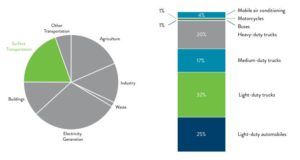 The report also recommends that the state:
The report also recommends that the state:
- Adopts clean car standards;
- Strengthens Petroleum Replacement Goals;
- Expands biofuel infrastructure and the use of higher biodiesel blends and renewable diesel;
- Creates incentives for measures that reduce the carbon impact of biofuels;
- The integration of transportation solutions with energy creation, land use choices and state/local policy.
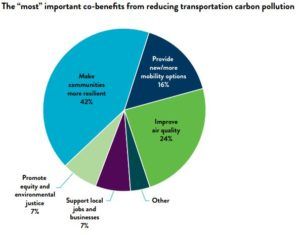 “Reducing greenhouse gas emissions is critical to the agency’s vision of maximizing the health of people, the environment and our economy,” said MnDOT commissioner, Margaret Anderson Kelliher. “I’m proud of the proactive efforts our team has taken to engage the public and other agencies in this discussion, and develop meaningful actions and recommendations that will help Minnesota achieve a low-carbon transportation future.”
“Reducing greenhouse gas emissions is critical to the agency’s vision of maximizing the health of people, the environment and our economy,” said MnDOT commissioner, Margaret Anderson Kelliher. “I’m proud of the proactive efforts our team has taken to engage the public and other agencies in this discussion, and develop meaningful actions and recommendations that will help Minnesota achieve a low-carbon transportation future.”
Rolf Nordstrom, president and CEO of the Great Plains Institute, said, “Decarbonizing transportation in Minnesota will capitalize on the state’s resource base, history of technology innovation, and extraordinary market momentum toward cleaner mobility options. The report reflects the desire of residents across Minnesota for clean transportation, including building electric vehicle infrastructure and bolstering biofuels. Both rural and urban citizens will see economic opportunity in this report.”